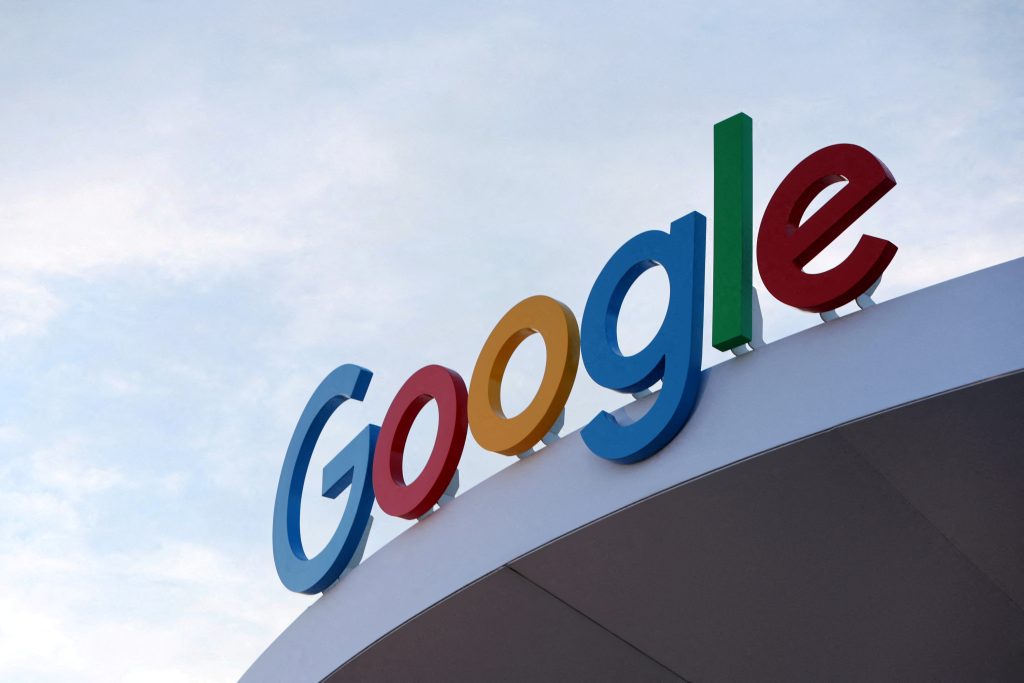A U.S. judge on Monday ordered Google to allow rival app stores access to its Android smartphone operating system, marking another legal defeat for the tech giant.
The ruling stems from Google’s loss in an antitrust case filed by Fortnite creator Epic Games, in which a California jury found that Google holds an illegal monopoly over its Android Play Store. The San Francisco jury, in December, reached a swift verdict against Google, concluding that the company employed unlawful strategies to maintain its dominant position in the Android app market.
This order, which Google is appealing, adds to a series of legal challenges faced by the company, including an August ruling where another federal judge determined that Google’s search engine also constituted an illegal monopoly.
Google is additionally entangled in a separate antitrust lawsuit in Virginia concerning its control over online advertising.
Under the latest ruling, Google will be prohibited for the next three years from engaging in several practices deemed anti-competitive by the jury. These practices include revenue-sharing agreements with potential competitors and restrictions that force developers to launch apps exclusively on the Play Store.
The judge has also mandated the formation of a three-person Technical Committee tasked with overseeing the implementation of these changes and resolving any potential disputes.
This injunction poses a significant challenge to Google’s dominance in the Android app ecosystem and could potentially reshape the mobile app market in the coming years.
Google’s Appeal
Google announced its intention to appeal the ruling and requested that the injunction be suspended while the appeal is under review.
“We are eager to continue presenting our case on appeal and will keep advocating for what’s best for developers, device manufacturers, and the billions of Android users worldwide,” said Lee-Anne Mulholland, Google’s vice president of regulatory affairs.
Currently, Android powers about 70 percent of the world’s smartphones. While smartphone manufacturers can use Android for free, they are required to keep the Play Store on the home screen and pre-install other Google apps.
The jury found that Google engaged in illegal practices to ensure that the Play Store was the only platform through which payments for third-party apps, like Fortnite, could be made.
Video games account for a large share of app store revenue, and Epic Games has long sought the ability to process payments for games like Fortnite outside of Google and Apple’s app stores, which charge commissions as high as 30 percent.
Epic lost a similar case against Apple, where a different judge largely ruled in favor of the iPhone maker.
Both Google and Apple argue that their app store commissions are standard in the industry and cover benefits like security, broad reach, and protection against malware.
Google also contended that its agreements with smartphone makers helped Android devices better compete with Apple’s iPhones. However, the trial revealed that Google generates tens of billions of dollars in revenue through the Play Store.
To maintain its app store monopoly, Google paid smartphone manufacturers a share of the revenue in exchange for making the Play Store the exclusive payment gateway for apps.

